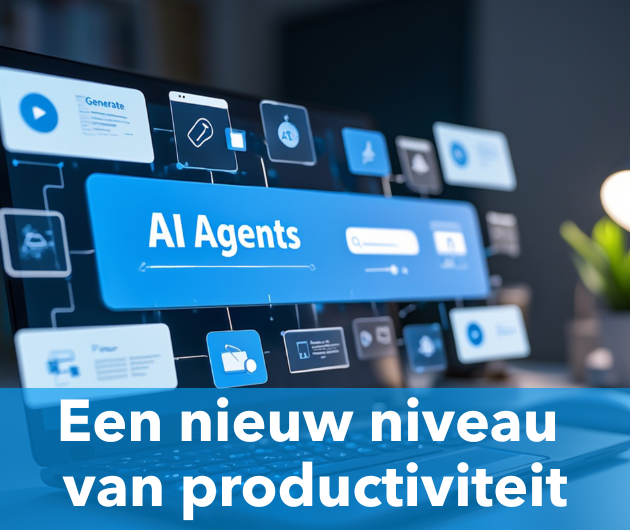I have deliberately avoided making any specific comments about the battle between Microsoft and the European Union Competition Commission, regarding monopolistic practices.
This has turned into something of a personal fight between Microsoft’s Steve Balmer and the EU commissioner Mario Monti, and for once Balmer appears to have been well beaten. I say “appears” because Microsoft has been through these legal battles many times before, particularly with the American Government. They have been close to defeat on a number of occasions, but have pulled a rabbit out of the hat each time and have avoided the punishment many feel that they deserve. Thus while a severe fine, over $600 million, has been set, there is a long way yet to go. Even by Microsoft’s standards this is a large sum of money to pay, but even worse for them is the implications for the future.
It is high time that serious pressure was put on Microsoft to break their monopoly. Their monopoly is so total, it is amazing that they can generate any defence against such accusations, but they do; they are quite amazing!
The most disappointing aspect of the EU case however is that it is based mainly on problems in the domestic sector. In particular it is the embedding of a multi-media player in Windows (Windows Media Manager), which has brought strong objections from Real Networks and Apple. They claim that the sale of their products is hindered because Media Manager is embedded. They claim that this is a technical advantage to Microsoft, but I have seen no evidence of this in the quality and functionality of the competing product. The real problem is a commercial one; most casual users see no need to install an alternative product if one is already installed when the PC arrives. The same would be true of photography software except that the alternatives are well established and it is often easier to install the software that comes with a digital camera than to get the Windows software to work.
While the case is largely about the Windows clients and domestic computers, there are objections to their low-end servers as well, not surprisingly. In 1999 Sun Microsystems made an attempt to get a similar ruling against Microsoft’s servers, claiming that they made it more difficult to interface with Sun’s client software, presumably Java.
If Microsoft cannot wriggle out of this situation, then it means that they will have to produce a separate version of Windows for installation on new PCs, which does not have the offending Media Manager. This is a step in the right direction, but what impact would this have on corporate IT? Very little in fact in the short term. In the business world users are tied into Microsoft by the commitment to Office and the associated servers, Exchange, SQL Server, etc. It can be claimed that the Microsoft products use undocumented interfaces to Windows, giving them technical advantages. This is nonsense because those products are very poor and would have easily been outclassed by alternative products if there had been any commercial opportunity. It is brilliant marketing that has given Microsoft the luxury of a monopoly, not technical trimmings in the operating systems.
The only way to make real progress is an enforced split-up of Microsoft which separates system software (operating system, development tools, networking) from the servers (database, Web Server) and applications. Only then would there be freedom to innovate and to exploit the incredible technology now available. Good luck then to the EU Commission and their American counterpart, but it won’t have the far reaching effect needed.< BR>
Martin Healey, pioneer development Intel-based computers en c/s-architecture. Director of a number of IT specialist companies and an Emeritus Professor of the University of Wales.







